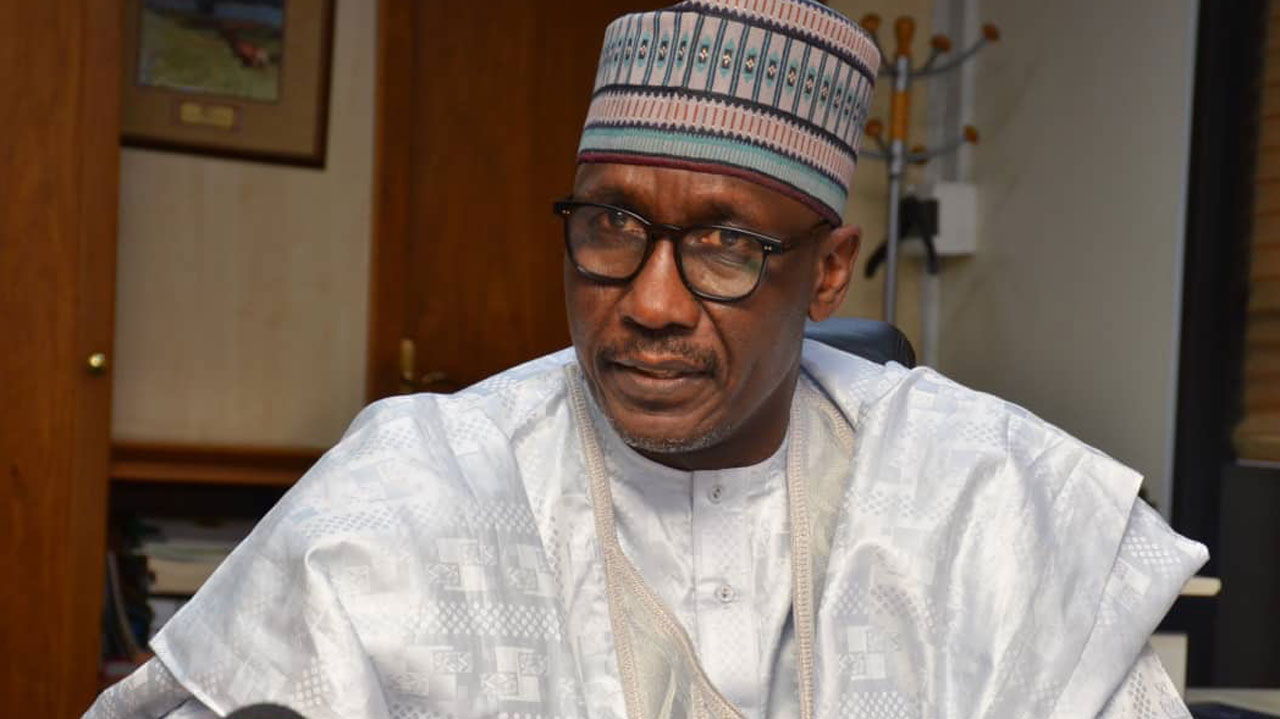Stop crude for cash deals
As Nigeria grapples with its most challenging economic situation yet, with the naira taking a beating at the foreign exchange market, coupled with unrelenting inflationary pressure, it comes with great dismay to Nigerians that the nation’s pre-eminent oil and gas conglomerate, the Nigerian National Petroleum Company Limited (NNPCL) is involved in questionable schemes pertaining to […]

NNPCL GCEO, Mele Kyari
As Nigeria grapples with its most challenging economic situation yet, with the naira taking a beating at the foreign exchange market, coupled with unrelenting inflationary pressure, it comes with great dismay to Nigerians that the nation’s pre-eminent oil and gas conglomerate, the Nigerian National Petroleum Company Limited (NNPCL) is involved in questionable schemes pertaining to crude for cash with foreign entities.
The details of the crude for cash transaction, which have come to light, are that NNPCL, in August 2023, entered into an agreement to secure 3.3 billion US dollars aimed at supporting the naira. The deal was also to stabilise the volatile foreign exchange market as well as the government’s monetary and fiscal policies.
The deal was arranged by the Africa Export-Import (Afrexim) Bank. Under the terms of the transaction, Nigeria was liable to pay an interest of 11.85 per cent per annum. Project Gazelle Funding Limited, a special-purpose vehicle based in the Bahamas, stands as the borrower, while NNPCL, as the sponsor will pay with oil to Project Gazelle to settle the loan.
Nigeria, through the NNPCL has pledged a total of 164.25 million barrels of crude oil at 90,000 barrels per day to repay the loan beginning from this year. Already, about 2.5 billion dollars have been disbursed to the NNPCL for the purpose, under the agreement.
- Man bags 7 years imprisonment for attempted robbery
- Ndume to CBN: Focus on monetary stability, inflation
At a glance, this transaction raises a lot of issues. At 90,000 barrels a day and at the current crude oil price, this amounts to 5.8 million dollars a day, which totals about 10 billion dollars for the duration of the transaction. If we factor in the time value of the money involved in the transaction, it is not easy to realise that the NNPCL has been literarily shafted. NNPCL, and by extension Nigeria, is not only paying way above the odds, in practical terms the benefits, if any, from this deal, do not amount to much.
This transaction, for all practical purposes, is another variant of the past crude oil swap deals which have not really benefitted the country. The crude oil swap, as conceived, was supposed to be a temporary measure to ensure the supply of petroleum products in view of the fact that the four refineries in the country were not functioning as they should. In implementation, this gave rise to various shady practices, which gulped subsidies in billions of dollars without solving the problem of scarcity and availability of the product in the country.
Now, enter the crude for cash swap, which is aimed at ensuring the availability of foreign exchange and stabilising the naira against the major currencies. But even at this great cost to secure the needed foreign exchange, the naira has still not stabilised. As of last week, it plummeted to an all-time low of N1,500 to the dollar.
Certainly, the crude for cash deal, which ostensibly has a good intention and outcome, was not done with the necessary due diligence. Against our experiences with offshore companies, why do we have to engage one to serve as a sponsor for this sensitive deal? Why have we refused to learn the lessons from our experiences and a narrow escape from similar deals with shady companies like P&ID?
These are questions that should be asked about this transaction which from all indications is leading Nigeria into a blind alley. Although from all indications the deal has already gone into effect, it is not too late to launch an inquiry into how it was consummated. Accordingly, we call on the National Assembly, in the exercise of its constitutional responsibility as the law-making and oversight arm of government, to investigate the entire transaction in the overriding interest of the country. And if this requires halting it as we believe, the National Assembly should not hesitate to do so in order to protect our national interest.
